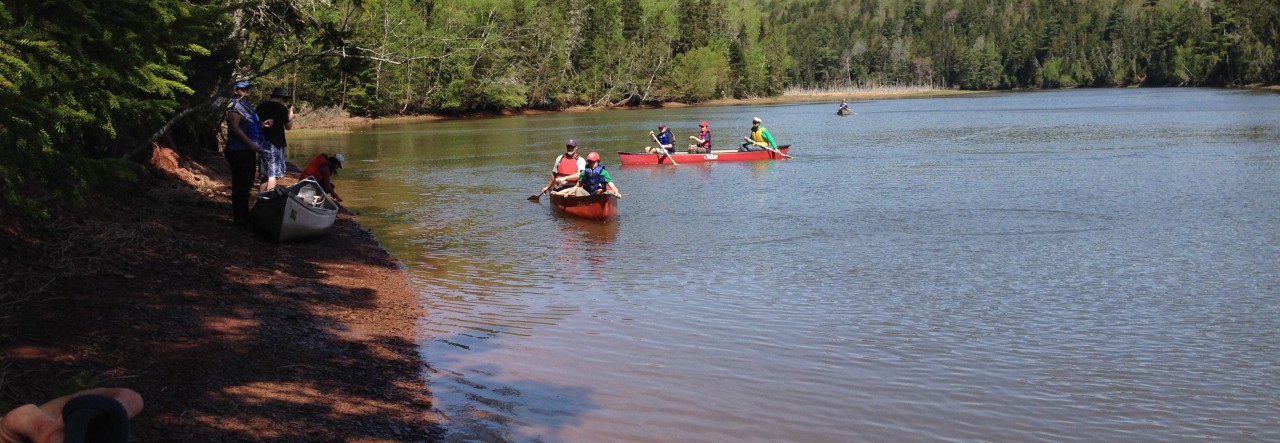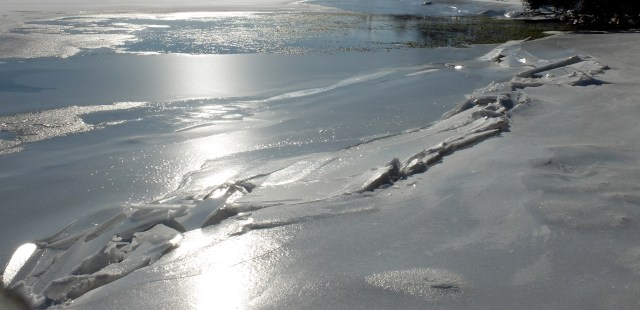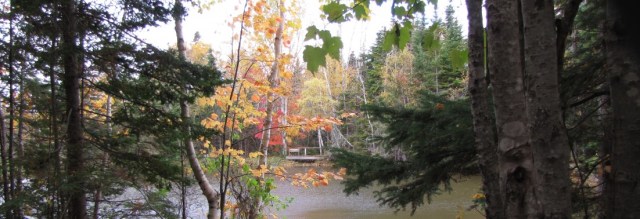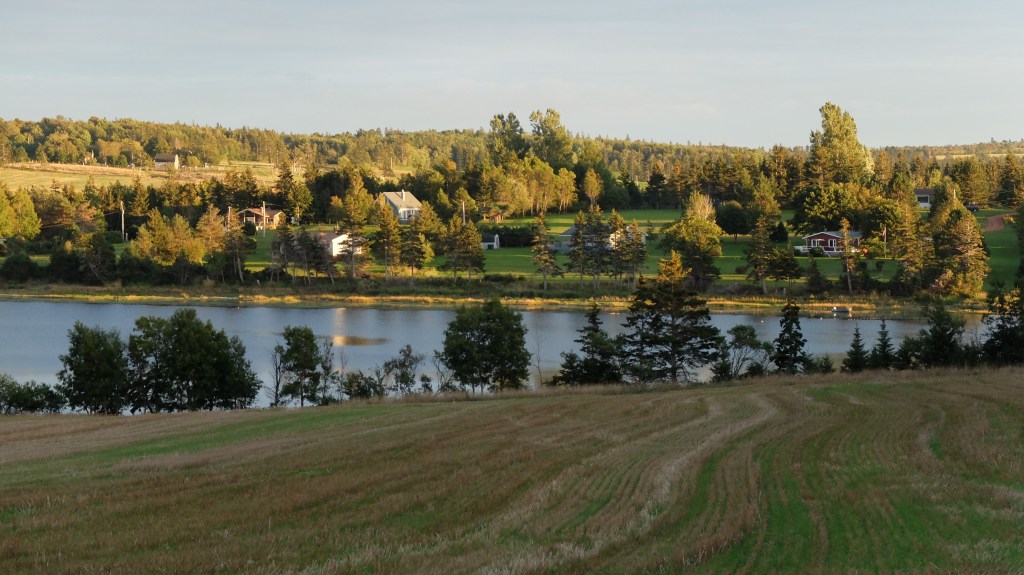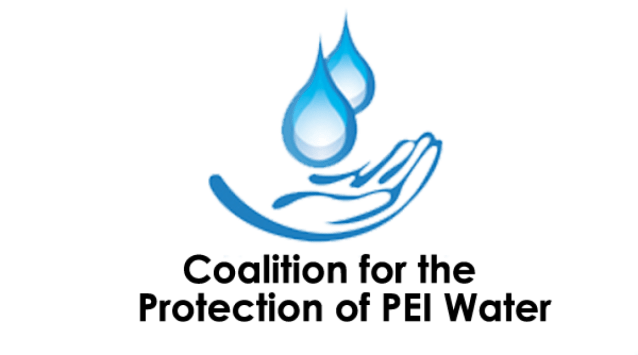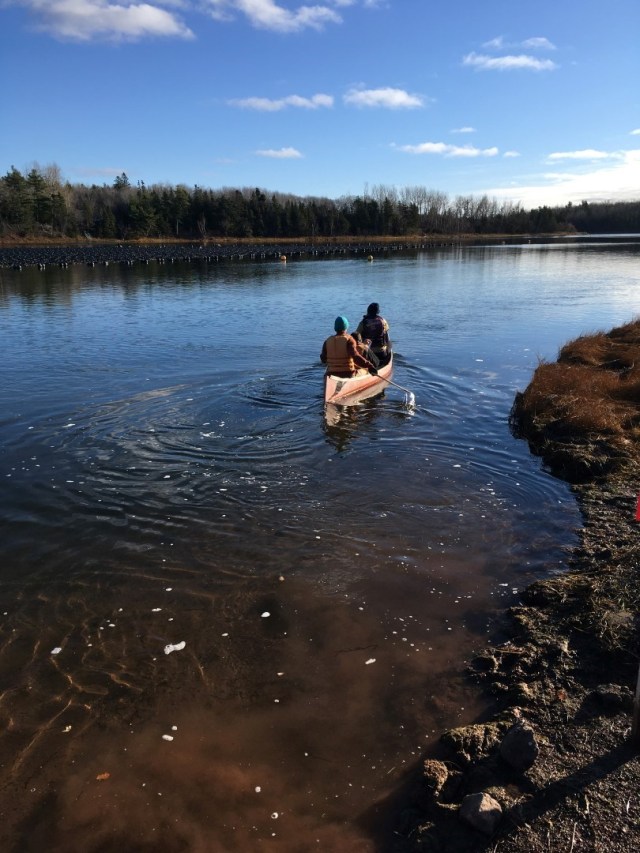
PEI Drinking Water Quality
by Andrew Lush, originally published in The Guardian, May 2024
Prince Edward Island is unusual in that we rely entirely upon groundwater from wells to supply our drinking (and other) water needs. The quality of groundwater (which we drink) and surface water (in streams and estuaries) is affected by agricultural chemicals, effluent from septic systems, run-off during heavy rain events, and other pollution sources.
We see fish kills and anoxia in our estuaries as outward signs of our water quality problem, but not so visible is the effect on our drinking water.
Pollution of our water was the number one issue that was most frequently mentioned during the Water Act public consultations in 2017. If you were there, you will remember that was a time when 46 organizations presented, and 85 other submissions were made, at 12 public meetings. This was an example of true public participation which, unfortunately, has stagnated since then with little opportunity for input from the public or from knowledgeable individuals and experts.
We must work towards reducing the effect of this pollution on our drinking water. It is in the interest of all of us, including farmers, fishers, and wildlife, to reduce the use of expensive chemicals on the land. Farming organizations, watershed groups, Living Labs, the Agri-Watershed Partnership, and other groups, are actively working to find ways to reduce chemical inputs. Unfortunately our government appears to have dropped the ball on the Water Act and that does not help.
There are ways that we can test for, and protect ourselves from, unwelcome chemicals in our drinking water. Tests undertaken over the past two decades show that many school drinking water supplies, as well as some municipal supplies, have detectable levels of multiple pesticides. One test of school water showed an Atrazine level at 13% of the recommended safe level.
Unfortunately, testing for pesticides is expensive and only one litre per year is tested at each school, which does not constitute a thorough testing regime by any measure. Also, the cumulative effect of long-term exposure and the safe levels for children have been studied very little. When two or more pesticides are in the water, even at miniscule levels, their toxicity is amplified.
Many chemicals have had their safe levels revised downwards, their use restricted, and some have been banned entirely in recent years, so taking precautions to remove them from drinking water supplies is a good idea.
Luckily one solution is pretty straightforward – many Islanders have installed carbon block filters on their drinking water supplies to remove any traces of pesticides and heavy metals, as it is likely that most wells have some levels of pesticides in the water.
There are many good under-the-sink systems that are easy to install and the filters, which need replacing annually, only cost around $150. Unfortunately, our schools do not have these filters as our government mistakenly believes that the current situation is satisfactory. This solution does not help fish or other wildlife, but at least it prevents unnecessary human exposure.
A good proportion of Island wells have nitrate levels that are higher than the safe recommended level, which is 10mg/L nitrate-nitrogen, and many more have nitrate levels that are known to cause health issues for the very young. Despite decades of studies, and consistent calls for action, over the past three decades PEI has experienced a steady increase in the level of nitrates in drinking water. The majority of the nitrate in our water comes from agricultural fertilizer that leaches into groundwater, as a result of modern (and often unsustainable) methods of production.
Nitrates can easily be tested for in drinking water, indeed it is part of the annual free water test available to Islanders.
While getting your water tested for nitrates, you can also have coliform (bacteria) and general chemistry tests done at the same time. If nitrates are present at high levels, a reverse osmosis or ion exchange system can be installed in your home. UV light (for bacteria) and carbon block filters (for pesticides and heavy metals) will not reduce the nitrate levels.
Perhaps one day the right to clean water and clean air will be enshrined in our Island’s laws. Meanwhile it would be a move in the right direction to properly test water in schools and public facilities for pesticides, and also to install precautionary filters in these buildings to reduce our exposure to harmful chemicals. Government subsidies to provide carbon block filters for all houses, and mitigation systems for houses where the nitrate level is unsafe, would also be a great move, so that Islanders aren’t forced to bear the costs of an ongoing pollution problem that government has failed to address for so long.
The Coalition for the Protection of PEI Water supports these measures that mitigate the effect of this pollution, at least for our drinking water, but the long term solution has to be a much better effort by our government – including allowing non-government organisations to participate in the mechanisms, such as a water governance committee, that were supposed to be built in to our Water Act but have fallen by the wayside. Active public engagement, public oversight, and public involvement in water governance has unfortunately not yet happened.
Andrew Lush
Coalition for the Protection of PEI Water
May 2024
